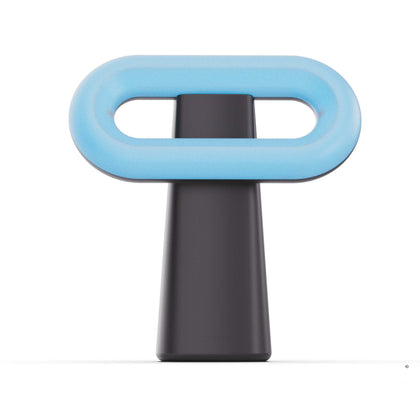
Here's how winter impacts your circadian rhythm
|
|
Time to read 2 min
In the Southern Hemisphere, the 21st of June marks the winter solstice - the shortest day and longest night of the year.
Winter solstices have cultural significance in many places and have been celebrated for thousands of years. But the shorter days also influence our biology.
Light and your body clock
Humans have an internal circadian rhythm - a kind of biological clock in the brain - that regulates our body's systems, including when we wake up and sleep. We evolved to use sunlight to keep our sleep in sync with the day-night cycle.
Even on the shortest day in New Zealand, there’s still plenty enough sunlight to support your circadian rhythm. But OSIN's Chief Science Officer, Dr. Nina Li, says later sunrises and earlier sunsets make getting enough natural light challenging for those who work indoors.
“The shorter daylight hours and cooler temperatures mean people spend more time indoors. But standard indoor lighting is too dim during the day for circadian entrainment. As a result, people tend to be at greater risk of circadian misalignment during the winter,” Dr Li explains.

Light and mood
Without enough exposure to natural light, our internal clock can drift out of sync leaving you feeling sluggish during the day or have trouble sleeping at night. That's may be why you may feel like hibernating when it's darker for longer.
The shorter days also influence your mood. Many people suffer from seasonal affective disorder (SAD): feeling tired and depressed in response to the shorter days and reduced sunlight. It's a mistake to brush SAD as the winter blues and tough it through.
Dr. Li says the precise cause of SAD is unknown but the circadian rhythms, which regulate melatonin and serotonin leaves, are believed to play a role.
Being mindful of your light exposure can help you avoid the solstice slump. If you work indoors, consider taking a phone call outdoors. Even on an overcast day, sunlight is much brighter than indoor lighting. Research shows that extra light improves mood and supports your circadian rhythm's alignment.

Loop for winter
Supplementing the light at your workspace with Loop is another great way to ward off that sluggish feeling. Loop is thoroughly engineered to mimic natural light and support your circadian rhythm.
It's worth mentioning that the shortest day is not all bad. In many cultures, it's considered a time of celebration. And each day after the winter solstice will be a little longer as the summer solstice approaches.
But be mindful of how the sun and Earth have substantial influence over your internal rhythm. When the days are short, the time you spend exposed to natural light becomes even more precious.



